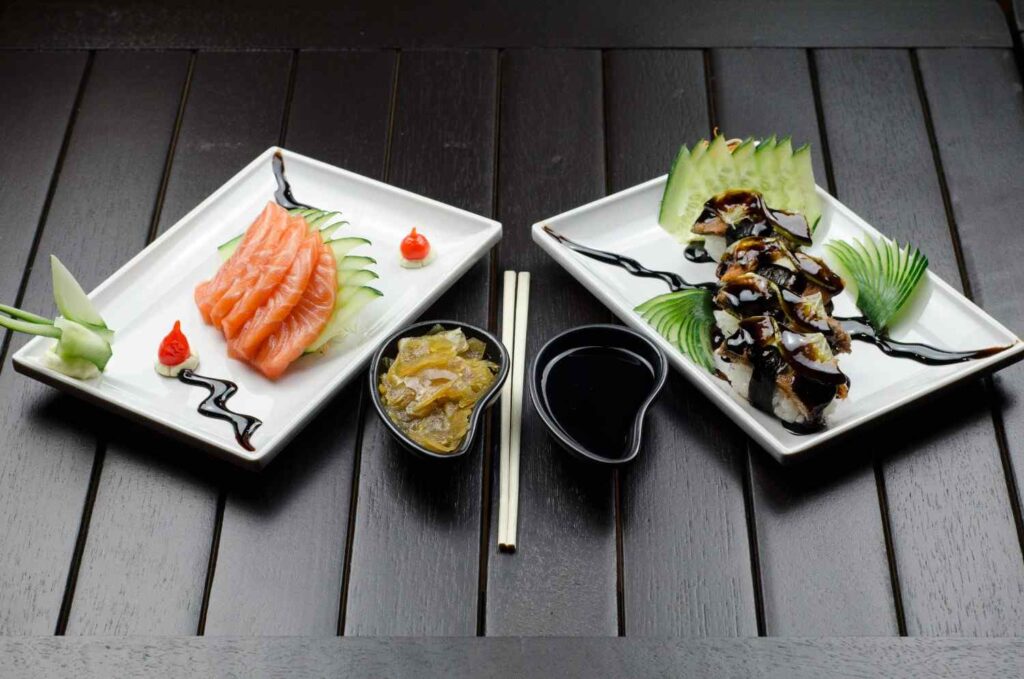Struggling with nerve pain? These 7 everyday foods that heal nerve damage can support your recovery and help you feel better one bite at a time.
Can the Right Foods Help Heal Nerve Damage?
Nerve damage, also known as neuropathy, can feel like burning, tingling, or numbness in your hands, feet, or other parts of your body. It’s often linked to conditions like diabetes, injury, or even vitamin deficiencies. While medical treatments are important, what you eat can also play a huge role in your healing journey.
Certain foods are packed with nutrients that support nerve health, reduce inflammation, and may even help regenerate damaged nerves. Let’s explore 7 of the best foods that heal nerve damage naturally without complicated supplements or confusing regimens.
1. Fatty Fish (Like Salmon and Sardines)
Fatty fish are high in omega-3 fatty acids, which are known for their anti-inflammatory properties. These healthy fats may support nerve regeneration and protect nerves from further damage.
Why it helps:
Omega-3s have been shown in studies to help repair peripheral nerve injuries and support myelin sheath health, the protective coating around nerves.
Try this:
Grill salmon with lemon and herbs, or mix canned sardines into salads for an easy boost.
2. Avocados
Avocados are rich in healthy fats, B vitamins, and antioxidants—all of which are essential for nerve function.
Why it helps:
Vitamin B6 in particular plays a key role in neurotransmitter health. A deficiency can actually worsen nerve symptoms.
Try this:
Mash avocado on whole-grain toast or add slices to your salad for a creamy, healing upgrade.

3. Leafy Greens (Like Spinach and Kale)
Spinach, kale, and Swiss chard are loaded with magnesium, folate, and antioxidants. These nutrients reduce oxidative stress that can worsen nerve damage.
Why it helps:
Magnesium is known to support nerve signaling and muscle control, and folate is vital for cell repair.
Try this:
Toss some greens into smoothies or sauté them with garlic and olive oil as a side dish.
4. Nuts and Seeds
Nuts like almonds, walnuts, and seeds such as flaxseeds or chia seeds offer a rich supply of vitamin E, B vitamins, and omega-3s.
Why it helps:
Vitamin E is a powerful antioxidant that helps reduce nerve inflammation, and B vitamins support nerve repair.
Try this:
Sprinkle nuts and seeds on your oatmeal or blend them into smoothies for a nutrient-packed snack.
5. Berries
Berries like blueberries, strawberries, and raspberries are loaded with antioxidants and vitamin C. These fight inflammation and oxidative stress two major contributors to nerve damage.
Why it helps:
Antioxidants protect nerve cells from deterioration and can support nerve repair over time.
Try this:
Enjoy a mixed berry bowl with Greek yogurt or freeze them into smoothie cubes.
6. Eggs
Eggs are a fantastic source of B12, a vitamin essential for nerve health. A B12 deficiency is actually one of the common causes of nerve problems.
Why it helps:
B12 supports the regeneration of nerves and helps maintain the protective sheath around them.
Try this:
Start your morning with boiled or scrambled eggs, or add a hard-boiled egg to your salad for a protein-packed lunch.
7. Turmeric
Turmeric contains curcumin, a compound known for its powerful anti-inflammatory and antioxidant properties.
Why it helps:
Curcumin has shown promise in animal studies for promoting nerve regeneration and reducing nerve pain.
Try this:
Make golden milk with turmeric and plant-based milk, or add turmeric to your soups and stews.
Final Thoughts: Food as Fuel for Nerve Healing
Healing from nerve damage takes time, but the foods you eat can be part of the process. While these 7 foods that heal nerve damage aren’t magic cures, they offer essential nutrients that support your nervous system, reduce inflammation, and protect your body from further damage.
As always, talk to your healthcare provider before making major changes, especially if you have chronic conditions like diabetes or are on medications. But remember small, consistent food choices can lead to big improvements over time.
FAQs
1. Can food alone heal nerve damage?
Food supports healing but usually isn’t enough on its own. A combination of diet, medication, physical therapy, and proper medical care is ideal.
2. How long does it take for diet changes to affect nerve health?
Some people notice improvement in a few weeks, but full nerve repair can take months depending on the severity.
3. Are supplements better than food for nerve healing?
Whole foods offer a more balanced way to get nutrients, though supplements can help fill gaps if prescribed by a doctor.
4. Is vitamin B12 really that important for nerves?
Yes, a B12 deficiency can cause or worsen neuropathy. It’s essential for nerve cell repair and healthy nerve function.
5. Can I reverse nerve damage completely?
In some cases, yes especially if it’s caught early. However, some damage may be permanent. A supportive diet may slow progression and reduce symptoms.
